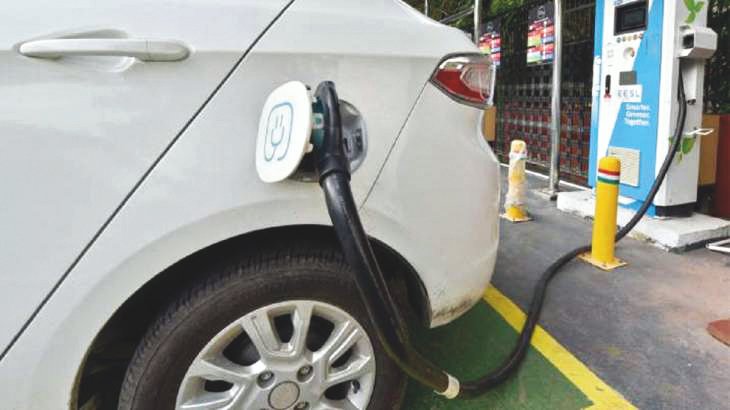The transport department’s senior officials said that the Delhi government has decided to prolong its policy for EV by an additional three months. Kailash Gahlot, the minister of transport, likewise affirmed this. Cabinet approval is expected soon, and the policy will be extended until the end of March 2024.

EV Policy
The policy for electric vehicles states that two-wheelers can receive a subsidy of Rs 5,000 per kWh of battery capacity; three-wheelers can receive a subsidy of Rs 30,000 regardless of the total cost or battery capacity; and four-wheelers can receive a subsidy of Rs 10,000 per kWh of battery capacity, but this offer is limited to the first 1,000 Electric Vehicles registered under the scheme. Since a new policy hasn’t been prepared, the Electric Vehicle policy, which was set to expire on August 8, 2023, has been repeatedly extended.
The transport department had already declared that the policy was unworkable following the departure of fellows, consultants, and advisors from the department. Gahlot stated that these individuals possessed technical know-how and were assisting in the development of many transportation department policies, such as EV 2.0 and cab and bus aggregators.
The government’s new Electric Vehicle policy, dubbed Delhi Electric Vehicle policy 2.0, is reportedly virtually complete, according to officials. The exact date on which the policy would take effect is still up in the air.
They said that the department had received the most ideas for increasing incentives, parking incentives for Electric Vehicle buyers, simpler financing alternatives, and interest rate rebates for Electric Vehicle buyers during the stakeholder consultation to design a revised Delhi EV policy.


